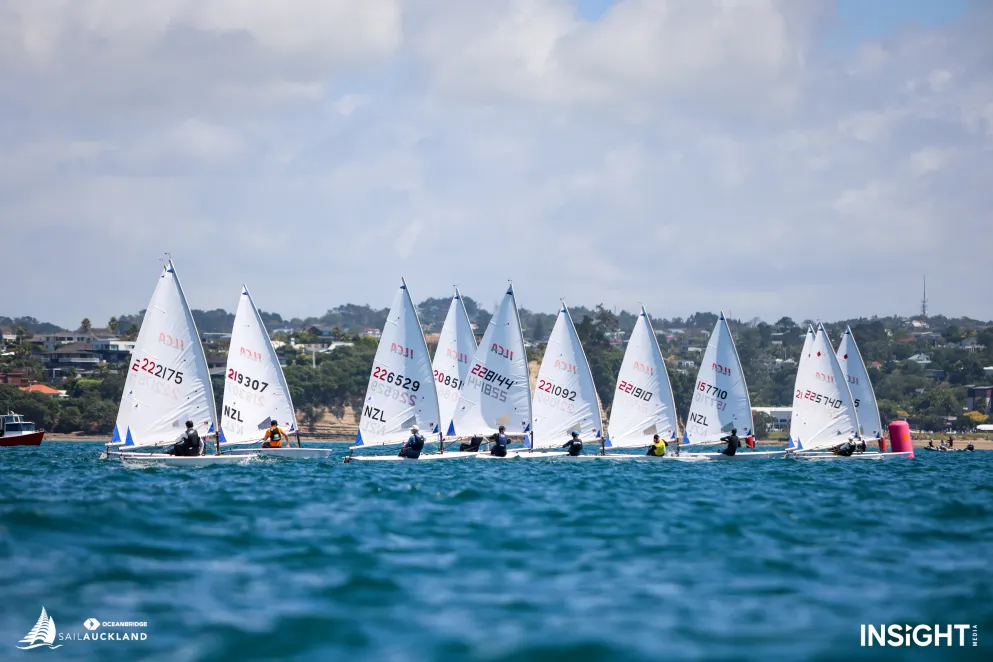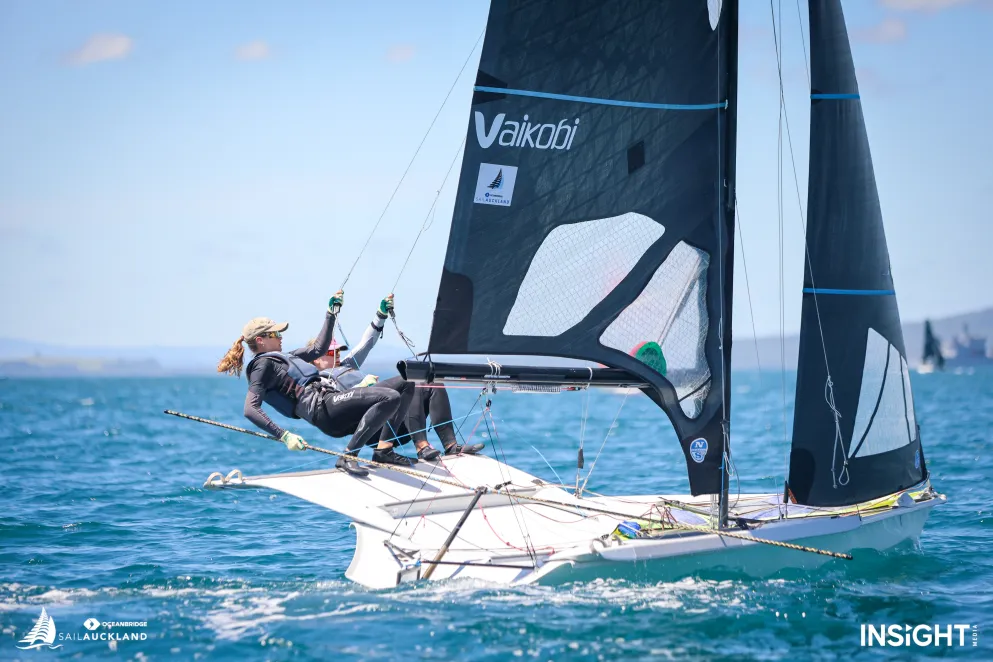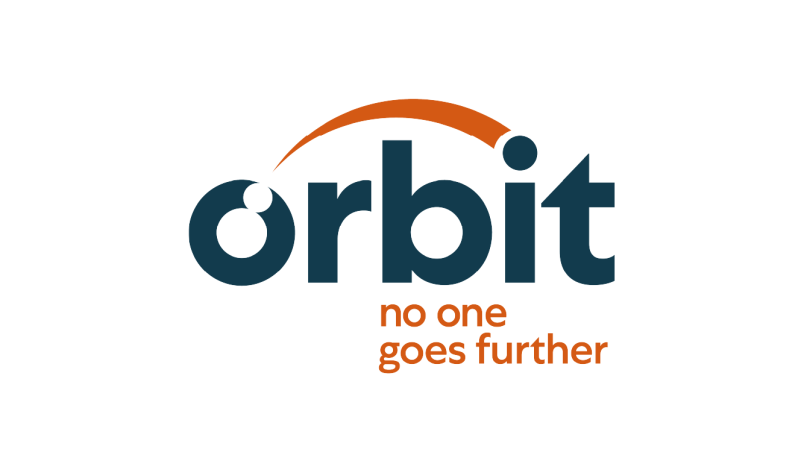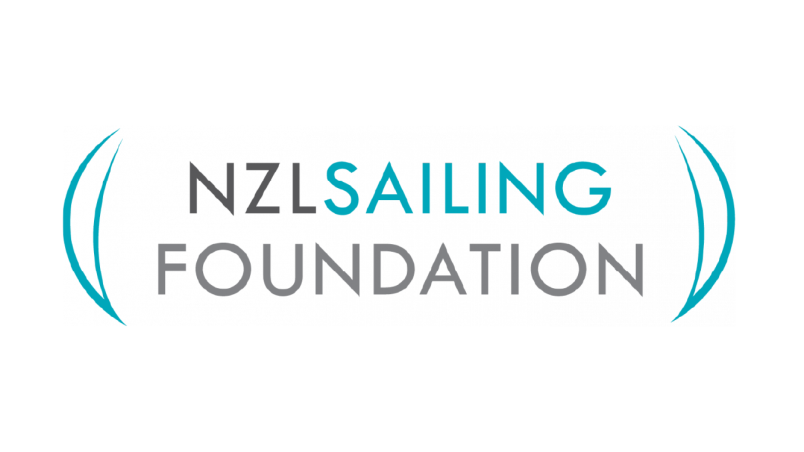'Club Instructor' renamed 'Learn To Sail Coach' (dinghy)
Words are powerful and they bring about thoughts and help us to define and understand. The definition of coach is “a mentor who works with a person to discover, explore and understand.” The definition of instructor “a teacher who tells a person how to complete a skill.”
There is a philosophical difference between the two; YNZ promotes coaching as a way forward to develop the understanding of sailing skills in order support sailors to succeed whilst learning to sail.
Why did we change the name?
To encourage Learn to Sail coaches to use many teaching methods and not to rely on instruction as the basis.
Why do we want this to happen?
Lots of people can sail competently but few understand the reason they do certain things and how different skills apply to different boats they sail. They learn without understanding why and how because they have simply done as they were told.
Instruction still has a place in teaching people how to sail; it helps the sailor out when they are in a dangerous position or as a quick fix to get them moving again. As coaches we need to challenge ourselves to teach the how and why as much as, what to do.
It is hoped that this name change will promote coaching at a younger age, encourage sailors to explore and learn for themselves and develop a greater understanding and feel for the skills involved in sailing.
The idea is not to stop instruction but to encourage educators of sailing to use instruction when there is a safety issue (i.e. if a sailor is heading for rocks, instruct them to push the tiller away from them) this gets the sailor out of trouble and back into a safe learning environment. We want people to use a range of teaching methods; demonstrating, visual with pictures and video, and have a go. This helps appeal to the different learning styles of sailors.
The studies tell us that if we coach a skill it will take longer to learn, but the learning will last forever. If we instruct a skill the sailor will pick it up quickly but they will not remember the skill next time and it will take repetitive attempts until the habit is picked up. To add to this the coached sailor will have a better understanding of why they are doing the skill and how it works compared to the instructed sailor.
“It's all about the technique, man! / No, it's about developing YOU.”
Can we coach skills instead of instructing them?
There is an idea in Learn to Sail that it’s dangerous and by instructing we keep closer rains on the sailor, making the situation less harmful. The truth is that danger is there whether we coach or instruct and it’s the way we teach the sailors to deal with the dangers that give them the ability to get themselves out of trouble.
If it is windy take fewer boats out on the water, reduce sail area or double kids up in boats; manage the equipment and coach the kids.
We look forward to this new philosophical approach to coaching Learn to Sail. We ask you to embrace the new “Learn to Sail Coach” name and encourage your sailors to learn the how and why of sailing!
What is different from the old Club Instructor Course to the new Learn to Sail Coach Course.
Nothing, just the name, we changed the material last year and brought the content in line with coaching theory. We decided to make a slow change to give everyone time to adjust. We all hate fast change so I thought I would try and coach you through it.
Where does the change come from?
This is part of the Sport New Zealand Coach Development Framework.
This table is an derived from Sport NZ.
Sailors who are ‘instructed’ | Sailors who are ‘coached’ |
|
|
If you are interested in some further reading there is a great article here.
















